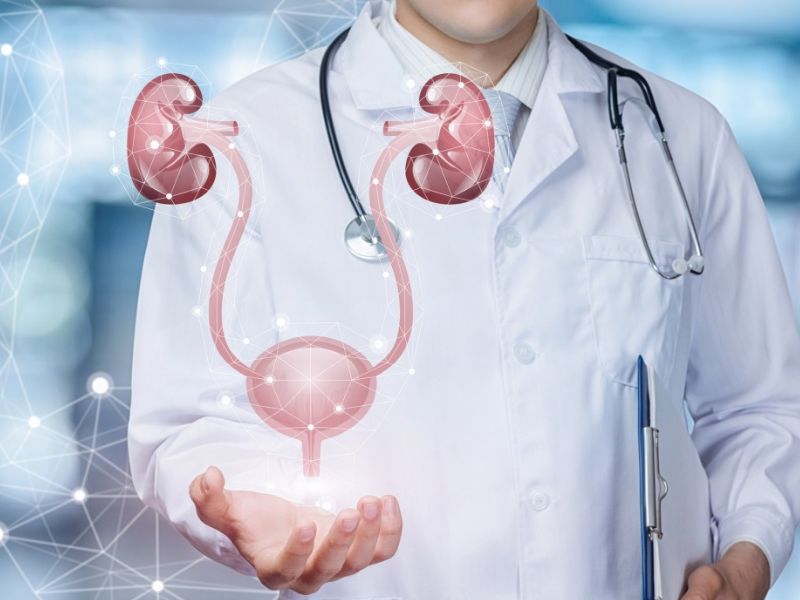A urologist is a specialist in the urinary tract and male reproductive system who can diagnose and treat disorders and conditions related to them. While some may think that urological conditions do not require much attention, it is essential to prevent serious complications from minor issues. By consulting a urologist at the right time, you can ensure early detection of problems and proper treatment. This blog highlights the key symptoms and conditions that indicate it is high time to see a urologist.
1. Persistent Urinary Problems
If you have persistent urinary problems such as frequent urination, where you might need to go to the bathroom more often, then you are recommended to visit a urologist. Also, if you are having pain, discomfort, or a burning sensation while urinating or noticing blood in urine, then in such cases, you need immediate medical intervention because these symptoms can either be signs of infections or the onset of any serious complication, which need expert consultation and assessment to treat before it starts becoming more problematic.
2. Difficulty in Urination
Suppose you are facing difficulty in urination, such as a weak urine flow, which is a common problem in older men, or are unable to urinate completely, which can be because of an enlarged prostate, bladder problems, or infections. In that case, it is best to consult a urologist to discuss the issue and understand its root cause. By getting the necessary treatment, you can eliminate the difficulty in urination and return to a normal life.
3. Recurrent Urinary Tract Infections (UTIs)
Urinary Tract Infections, or UTIs, are common urological problems that can easily be treated with antibiotics. However, if they keep returning, it might be a sign that something needs immediate medical attention. If you experience recurrent UTIs, it can signal bladder stones, kidney problems, structural abnormalities in the urinary tract, or even kidney infection.
4. Pain in the Lower Abdomen, Groin, or Lower Back
Pain in the lower abdomen, groin, or lower back can indicate various urological conditions that should not be ignored. One of the most common causes of this pain is kidney stones. It can also be accompanied by sharp, sudden pain, nausea, and even blood in the urine. Thus, you must seek help from a urologist for proper consultation. This can also sometimes be linked to bladder and prostate issues that can develop into serious problems.
5. Erectile Dysfunction (ED) or Male Fertility Issues
Erectile Dysfunction is an issue that affects many men worldwide. Along with being a source of constant frustration and lack of confidence, ED can also be a sign of underlying health issues. It can be caused by a variety of health issues, such as heart disease, diabetes, or hormonal imbalances. Visiting a urologist can help identify the root cause of this problem and suggest treatments accordingly. Also, if you are suffering from male fertility issues, the urologist can determine if it is being caused by low sperm count, varicocele, or hormonal imbalances to treat this issue.
6. Prostate Health Concerns
As men age, their prostate health becomes more important, especially after the age of 50. This can be a non-cancerous enlargement of the prostate, which can cause difficulty in urination, increased frequency, and an urgent feeling of urination. A urologist can provide proper treatments to treat Prostate Enlargement or BPH. Prostate cancer is another increasingly common cancer in men, which can even be genetic. Regular screenings are important for men to help detect these problems early.
7. Kidney Function Issues
Problems in kidney functionality can be another reason to visit a urologist. Symptoms like swelling in the legs, constant fatigue, or changes in urination patterns can indicate kidney problems. A urologist can evaluate them and prevent further damage.
The importance of visiting a urologist goes beyond just kidney problems. This ensures you have no underlying issues related to your urological or male reproductive health. Don’t let embarrassment hold you back; make the right choice, consult a urologist for better urological health.

